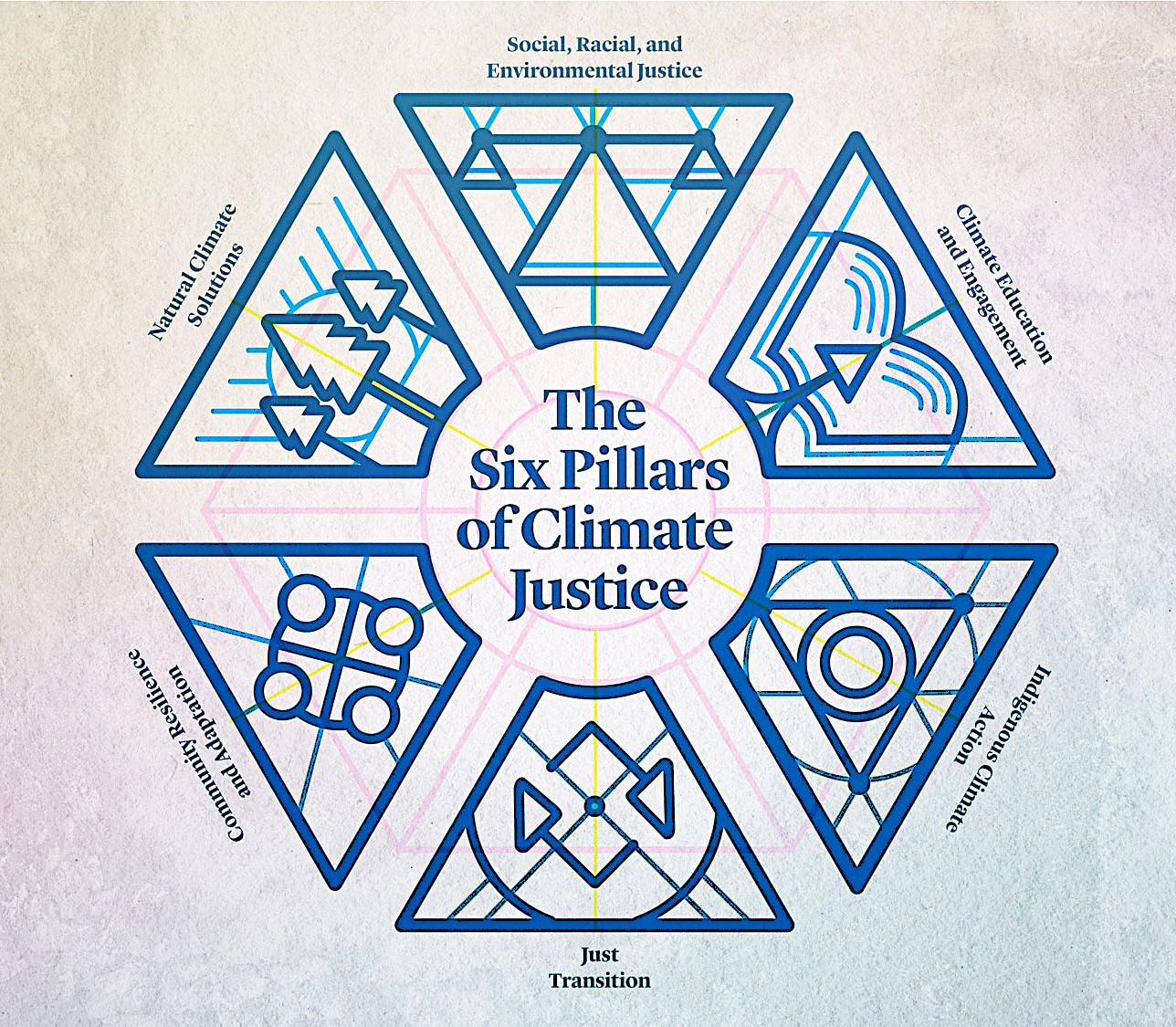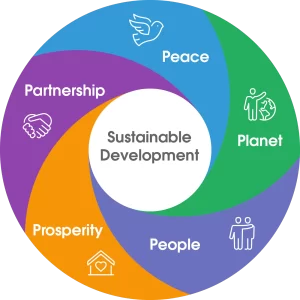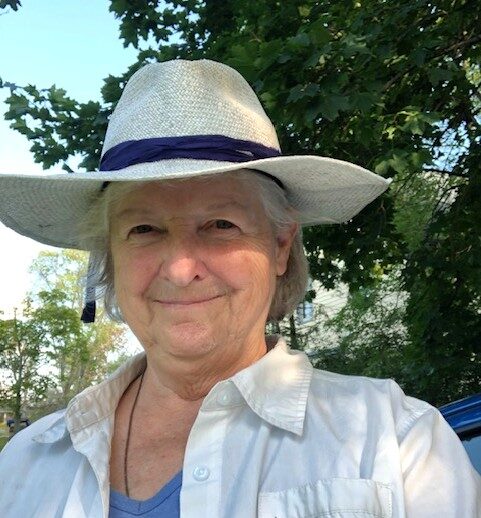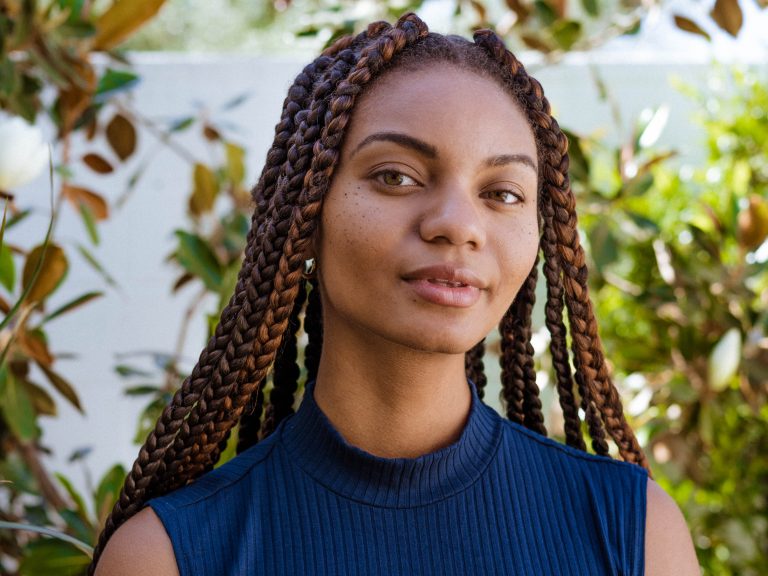
 “People, Planet, Partnership, Prosperity, and Peace”
“People, Planet, Partnership, Prosperity, and Peace”
Climate Justice is a movement addressing the intersectional unequal impacts of climate change on marginalized and vulnerable populations.
Climate Justice for All:
There are no disposable people, species and cultures, no expendable places and ecosystems: Climate Justice shines light on the disproportional impacts of the climate crisis and real threats to survival for vulnerable communities. To learn about the Just Sustainability, intersections of structural racism, poverty and place and how to fight back/take action, click here.

THE CLIMATE PEDAGOGY PROJECT
- What do our young people need to know and understand about climate change?
- How are teachers currently teaching about climate change in Tompkins County schools?
- How are sustainability and climate change being introduced in subjects other than science?
- What kinds of support do K-12 teachers want or need to adequately address climate change?
These questions are the core of an effort to support the teaching of climate change in our County schools.
Read more: The Building Bridges Climate Pedagogy Project led by Anne Rhodes.
Intersectional Environmentalism

Leah Thomas, Ecofeminist also known as Green Girl Leah, is an American environmental activist active on Instagram whose work focuses on the application of intersectionality to environmental justice. Leah is a celebrated environmentalist based in Los Angeles, CA. Coining the term ‘eco-communicator’ to describe her style of environmental activism, Leah uses her passion for writing and creativity to explore and advocate for the critical yet often overlooked relationship between social justice and environmentalism.
https://climatepromise.undp.org/news-and-stories/climate-change-matter-justice-heres-why
https://institute.dmns.org/perspectives/series/forests-fires-and-people/
https://sustainability.yale.edu/explainers/yale-experts-explain-intersectionality-and-climate-change